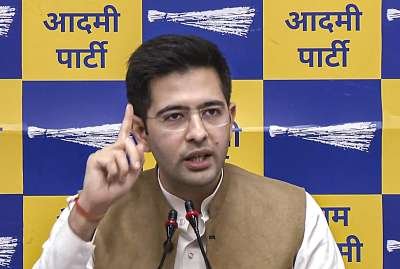The Madras High Court has deferred its ruling on a petition filed by the Hindu Munnani faction against Stalin and other DMK leaders. Tamil Nadu Minister and DMK leader Udhayanidhi Stalin conveyed to the court that his comments on Sanatana Dharma were a call to end caste discrimination and not an attack on Hinduism or the Hindu lifestyle.
Stalin’s counsel, Senior Advocate P Wilson, addressed the court, presided by Justice Anitha Sumanth, explaining that the DMK was chosen by a primarily Hindu electorate in Tamil Nadu. Wilson emphasized that Hindus form the majority in Tamil Nadu and are the main supporters of the DMK, which is the ruling party they have chosen.
On September 2, Stalin, at an event organized by the Tamil Nadu Progressive Writers and Artists Association in Chennai, stated that certain issues should be eliminated, not just opposed. He compared Sanatana to diseases like dengue and malaria, suggesting it should be eliminated, a statement that triggered significant outrage.
Following this, members of the Hindu Munnani, identified as a right-wing group, filed habeas petitions against Stalin’s comments in the High Court. Wilson further contended in court that the legal action taken against Stalin, along with DMK’s PK Sekar Babu and MP A Raja, was politically driven.
He argued that under Article 191(e), the parliament has the exclusive right to set disqualification criteria for MPs and MLAs, advocating for the respect of the separation of powers by the court. Wilson insisted that the court’s interference is warranted only where the Constitution is silent, not where specific disqualifications are already defined by the legislature.
On the other side, Senior Advocate G Rajagopalan, representing the petitioners, argued that it was contradictory for the DMK, which attributes its electoral success to Hindu voters, to denounce or seek the eradication of Sanatana Dharma.
Rajagopalan also pointed out that DMK MP A Raja’s appointment to parliament benefited from the SC/ST reservation, which is a provision for Hindus. After hearing all the oral arguments, the court decided to reserve its judgment and provided a week for all parties to submit their written arguments.



